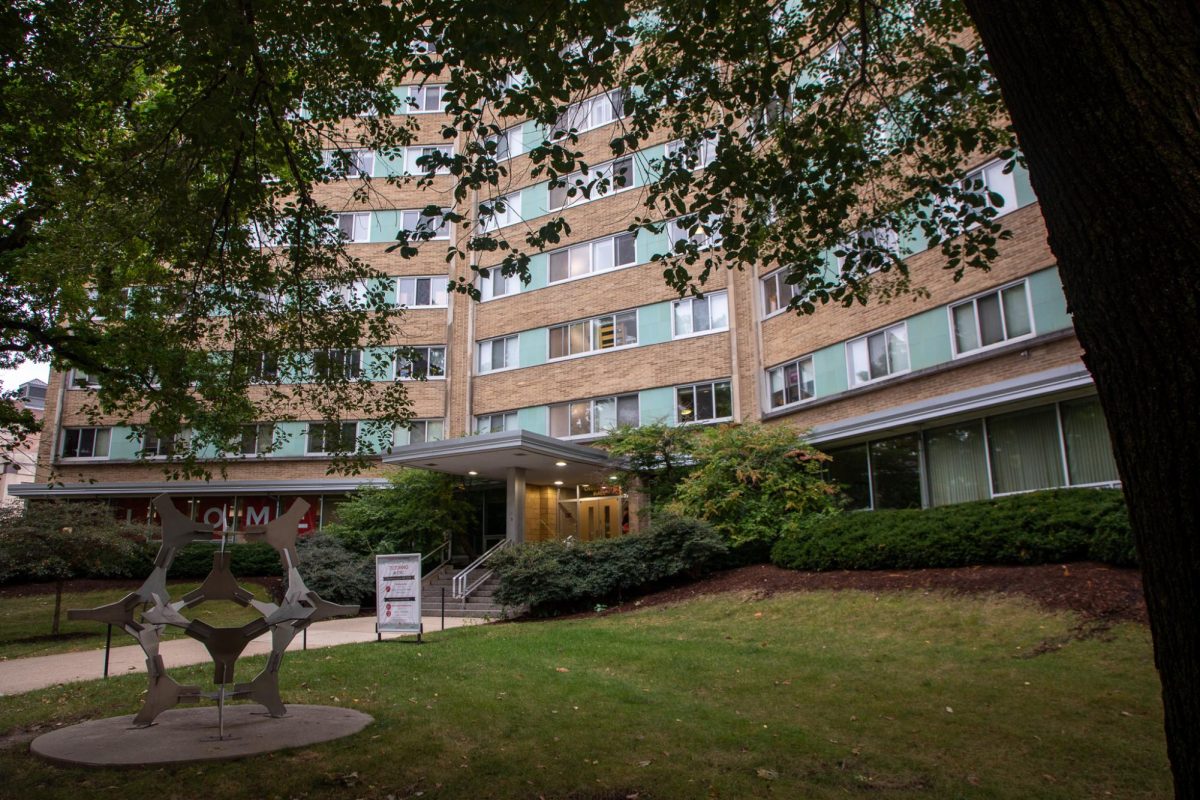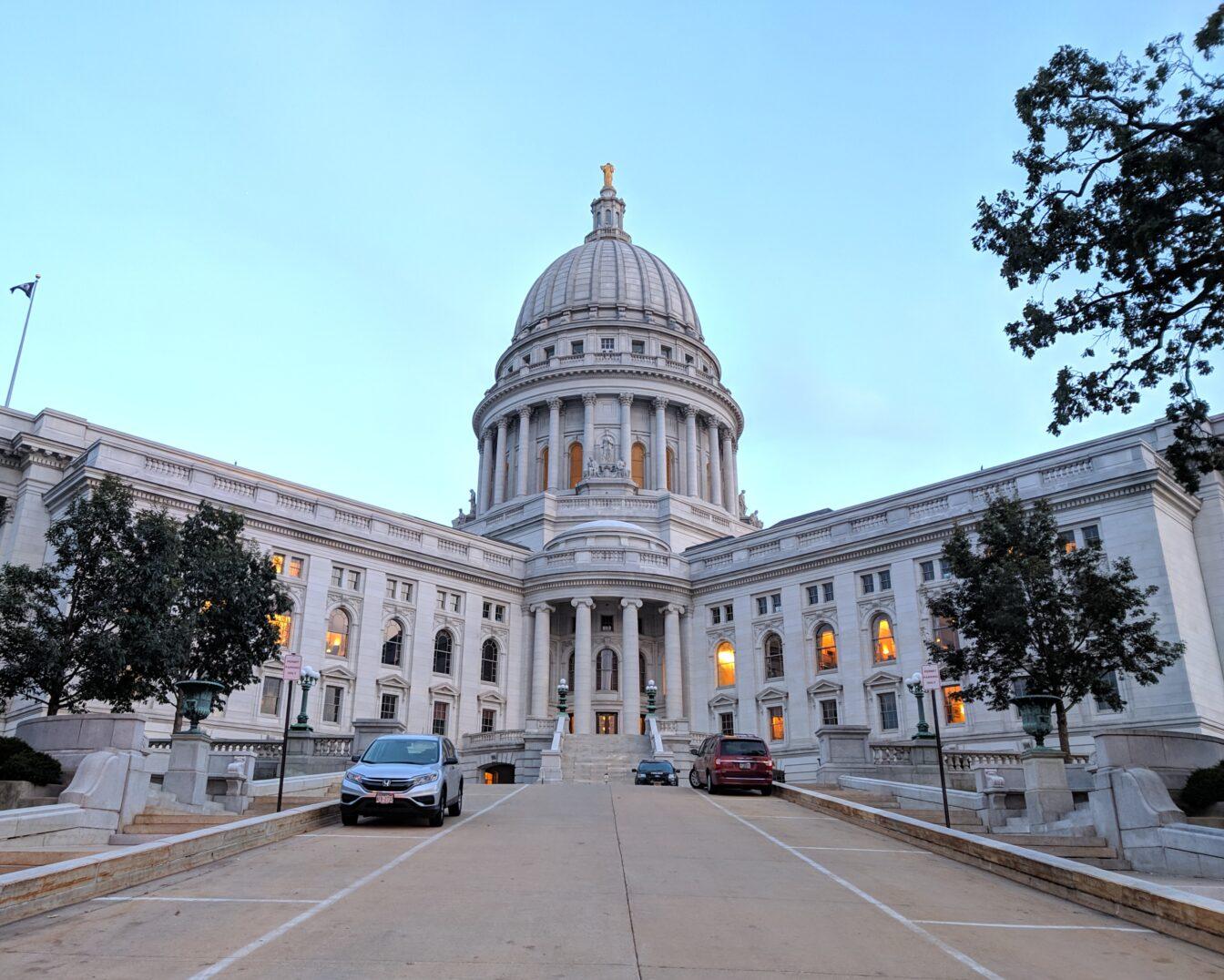If you caught our most recent “Point counterpoint” column, I argued the election this year is the most important of our lifetimes because of the focus on the student debt crisis. I supremely believe this is true.
In 2013, 155,000 seniors over the age of 60 had their Social Security garnished because of student loan debt. About 75 percent of college graduates from Wisconsin graduate with student debt currently averaging more than $28,000. There are more than 800,000 Wisconsin residents with federal student loan debt and another few hundred thousand with private student loan debt. Wisconsin has jumped to No. 3 in the country for students graduating with debt.
Now this all sounds bleak. There are, however, legislators who are working to ease this burden on students. Right here in Wisconsin, Democrats in the Legislature have proposed the Higher Ed Lower Debt bill, which would allow more than 500,000 student loan holders to refinance their student loans in the same way a mortgage can be refinanced.
In an unprecedented move, every single Democrat co-signed the bill. The Marquette Law Poll included a question about the bill in their polling and found Wisconsin residents overwhelmingly support it.
For some reason, though, Gov. Scott Walker continues to oppose this simple refinancing bill.
College Affordability Package draws mixed reactions during public hearing
If the Higher Ed Lower Debt bill would be a common sense bill to ease the burden of student loans on a vast majority of loan-holders, Walker’s plan to tackle the student loan debt crisis is anything but.
The cornerstone of his proposal, a lift on the $2,500 cap for tax deduction of student loan increases, would help a meager 3 percent of loan holders. That’s 36,000 students to the more than 500,000 Higher Ed Lower Debt would help. Furthermore, this tax deduction would only amount to savings equal to about a textbook. That pales in comparison to the thousands students would save if Higher Ed Lower Debt passed. His proposal to employ loan counselors for students through the state is nearly laughable.
UW System schools could employ their own loan counselors trained specifically in the loan policies of their school until Walker gutted funding from the UW System.
Walker’s third proposal — $1 million in technical college emergency grants — is another case of too little too late. Considering the governor cut technical colleges by $70 million, or 30 percent, in the 2011-13 budget, $1 million is pocket change. Wisconsin touts the oldest technical college system in the country and the governor’s 30 percent cut to this system happened to occur on the centennial anniversary of this system. Talk about adding insult to injury.
Walker’s plan is a band-aid solution that’s not even big enough to cover the whole wound. The deeper problem at play here is the systematic divestment from higher education. And we wonder why tuition keeps skyrocketing?
In 2000, the state spent 10 cents per General Purpose Revenue dollar on higher education. Today, that is down to 4.7 cents. The corrections budget has officially eclipsed how much we spend on higher education. This is despicable. While Walker shames the university for raising tuition and goes on to freeze it, he guts UW System funding. This leaves the university in a stranglehold. We either need to fully invest in our higher education system, or we need to accept skyrocketing tuition and on-campus fees. I think one of those options is far superior.
This student debt crisis demands more than nibbling around the edges. We need big, bold legislation. Walker always campaigns on his “big, bold reforms,” so I challenge Walker to pass Higher Ed Lower Debt — a big, bold bill aimed at tackling student loan debt — and start to actually value our higher education system.
August McGinnity-Wake ([email protected]) is a sophomore majoring in political science and environmental studies.














